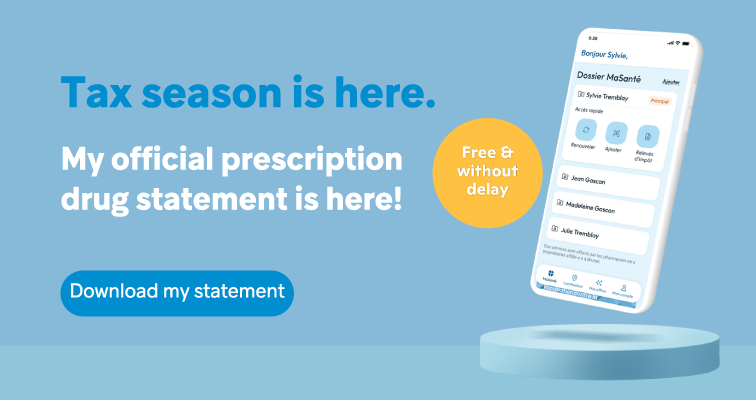Instructions
To fully benefit from the effect of this medication, and to limit any adverse reactions, make sure that the health care facility overseeing your treatment has provided you with all the information needed to properly administer this drug.
Important: Follow the instructions on the label. Do not use more of this product, or more often, than prescribed. If you forget a dose, take it as soon as you remember -- unless it is almost time for your next dose. In that case, skip the missed dose. Do not double the next dose to catch up.
This medication should not be taken with food. It is best taken on an empty stomach, one hour before or 2 hours after a meal. Avoid consuming alcohol or alcohol-containing products while taking this medication.
Side Effects
In addition to its desired action, this medication may cause some side effects, notably:
- it may cause hair loss;
- it may cause diarrhea;
- it may lower your white blood cell count, which can lead to unusual tiredness, fever, chills, sore throat or infections -- if you experience any of these symptoms, contact your doctor right away;
- it may cause mouth irritation and sores;
- it may cause spots or redness of the skin;
- it may cause nausea or, rarely, vomiting.
Each person may react differently to a treatment. If you think this medication may be causing side effects (including those described here, or others), talk to your health care professional. He or she can help you to determine whether or not the medication is the source of the problem.
Storage
As with most medications, this product should be stored at room temperature. Store it in a secure location where it will not be exposed to excessive heat, moisture or direct sunlight. Make sure that any leftover portion is disposed of safely.
Additionnal Information
Taking this medication during pregnancy may be harmful for the baby. Women of childbearing potential should use an effective contraceptive method.
Although the drugs you are taking are intended to help you, they can be harmful to those around you. Make sure that a professional who oversees your treatment has given you all the necessary precautions.
Blood donation is usually refused during this treatment.
This information handout only provides an overview of your treatment. Given the complex nature of your treatment, you will receive information that is much more comprehensive and that deals specifically with your needs. Make sure that you have all the relevant information regarding your medication.
General Notes
When meeting with any health professional, it is important for you to share the following information:
- Your medical history and allergies (medication, food, or other);
- If you're pregnant or want to become pregnant, or if you're breastfeeding;
- If you use tobacco or cannabis or its derivatives, or if you use recreational drugs;
- The names of all the medications you take, whether you take them regularly or once in a while, including over-the-counter medications, vitamins, and natural health products.

